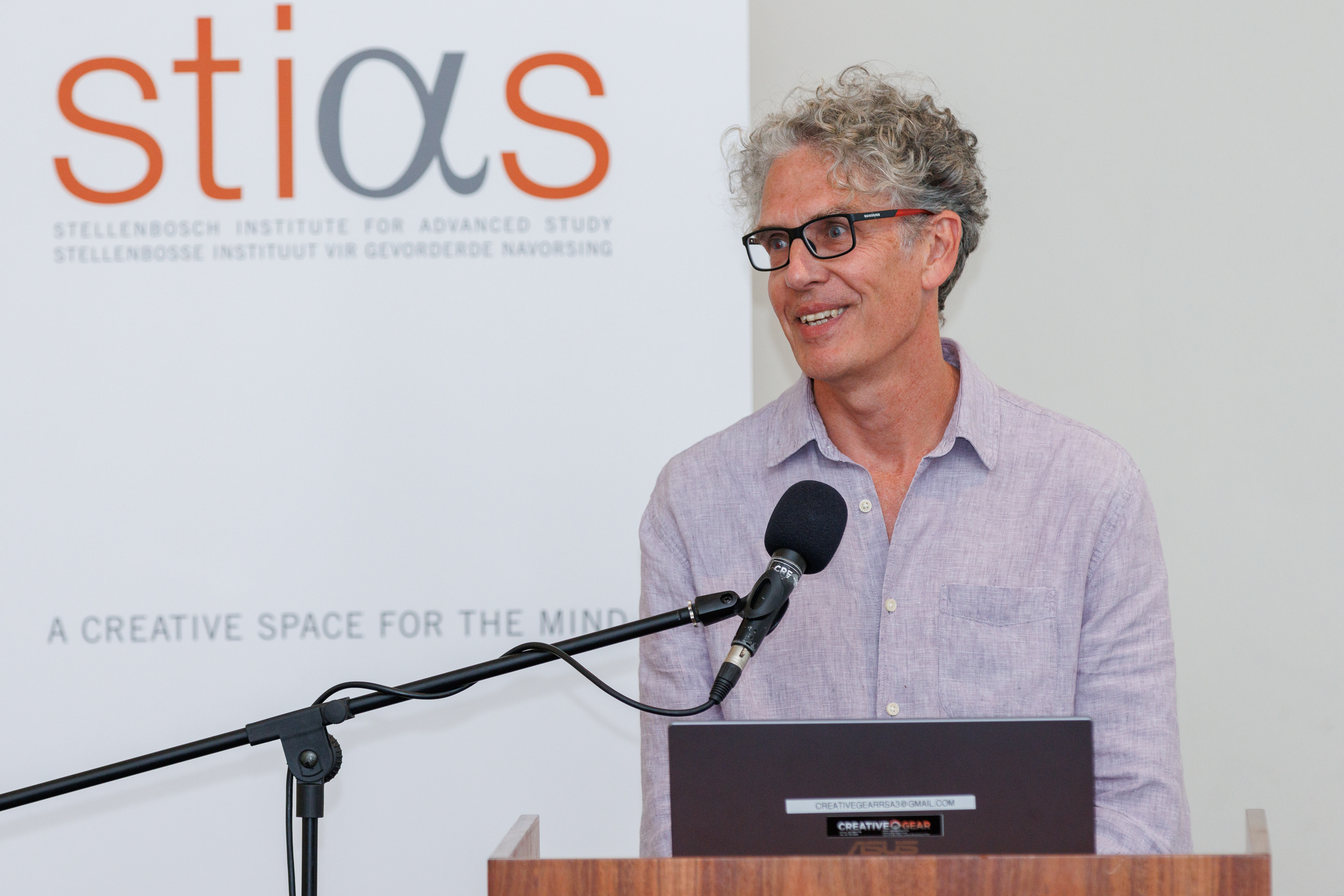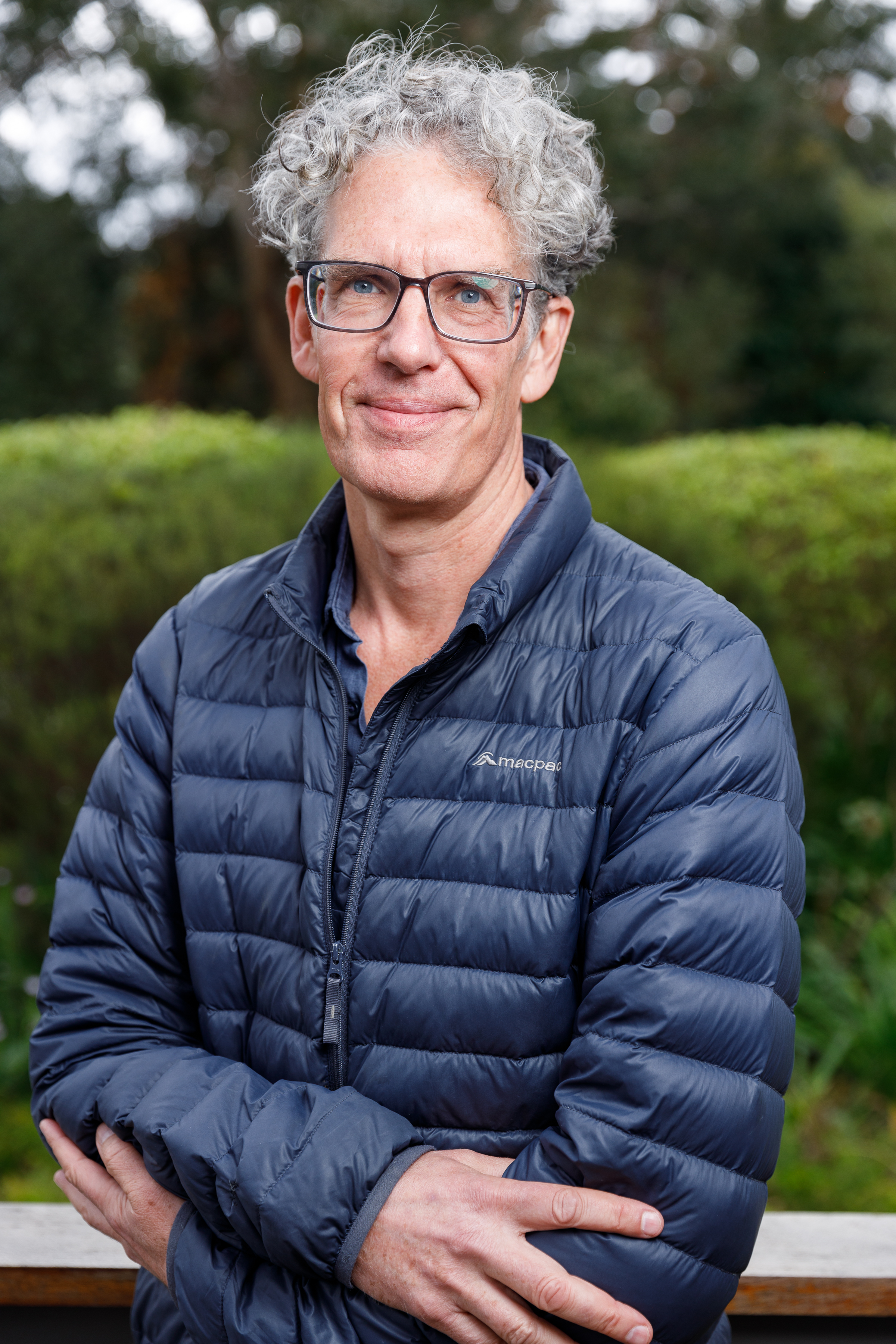Evolutionary ecology theory applies principles of biological evolution to explain variation in how living creatures appear and behave. For example, how many sons versus daughter should a mother produce? How much should a male invest in courtship versus maintaining a healthy immune system? Evolutionary theory can explain differences among species, across populations and between individuals. Natural selection leads to the evolution of organisms that maximize their evolutionary fitness, which is their lifetime reproductive success (plus the extent to which they further assist related individual with whom they share genes to reproduce). The traits and behaviours that maximise fitness depend, however, on how the local environment/ecology affects the costs and benefits they impose on fitness. In many ways, evolution is akin to economic decision making, except that no-one is making decisions. Instead, the outcome is due to the blind process of natural selection. I intend to use the ease with which people grasp how plants and animals are ‘designed’ to increase the number of descendants they leave behind to write a book that explains the solutions (and impediments) to major economic and social challenges that people find hard to understand when masked in the jargon of economics, politics, and sociology.
Related to Nature is beautiful

Publication
Effects of past mating behavior versus past ejaculation on male mate choice and male attractiveness
Chung, Meng-Han Joseph, Megan L Head, Rebecca J. Fox and Michael D Jennions. 2024. Effects of past mating behavior versus past ejaculation on male mate cho...

Publication
Mitochondrial function and sexual selection: can physiology resolve the ‘lek paradox’?
Crino, Ondi L., Megan L. Head, Michael D. Jennions and Daniel W.A. Noble. 2024. Mitochondrial function and sexual selection: can physiology resolve the ‘le...

Event
The Ins and Outs of Sex: a few fun questions - STIAS Public lecture by Michael Jennions
Register here by 6 August 2023 Michael Jennions, an evolutionary biologist at the Australian National University and STIAS Fellow will present a public lecture with the title: The Ins and Outs of Sex: a few fun questions Many of us are fascinated by sex and differences between the sexes.

Article
The Ins and Outs of Sex: answering a few fun questions - STIAS Public lecture by Michael Jennions
Is it better to produce sons or daughters?
